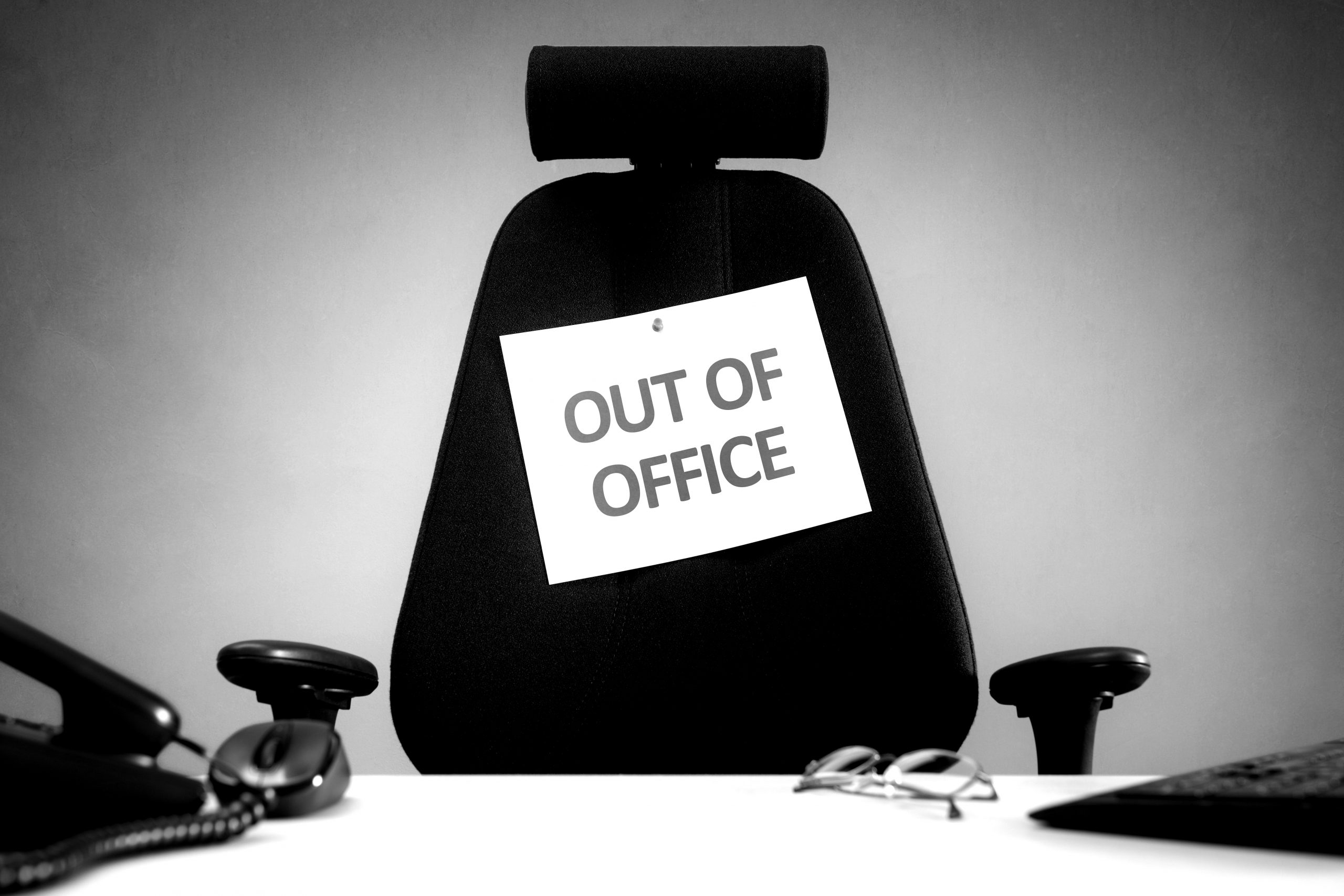An area of the law that many employees find murky is disability leave and their entitlements during this time. This can be particularly distressing as individuals often only turn their minds to disability benefits when they are already feeling weak or vulnerable as a result of illness.
Here are five things all employees should consider that will help avoid future anguish if you’re ever faced with a debilitating illness:
1. Know what benefits your employer offers. Do you have short-term disability coverage? If so, how much time does it cover? Some employers simply continue paying you for a few days, weeks, or even until you are eligible for long-term disability (“LTD”) benefits, while other employers require you to go through an insurer for coverage during all or part of this time. Still other employers have no short-term disability coverage at all, at which point you will have to apply for employment insurance (“EI”) sickness benefits. The same is true of LTD benefits: all plans are different, and not all employers have this coverage. Knowledge is power, so the more you know generally about the coverage you have, the better equipped you will be if you ever need to access your benefits. Knowing how much disability coverage you have (for example 66% of your salary) can also be a significant stress reducer. This is an important consideration to keep in mind whenever you get a salary increase: make sure your disability coverage also correspondingly increases so you aren’t left with coverage that is only a fraction of your current salary.
2. Request a copy of your disability policy.

Again, knowing exactly what you are entitled to will not only reduce stress, but will be important for your decision-making process. For example, if you have a medical condition that could result in you requiring disability leave in the not-so-distant future and you are considering accepting a position with a new employer, you should review the disability policy that would apply to you in this new position. Some policies contain “pre-existing condition” clauses that state you do not have coverage for a medical condition that you already had at the time you started work until you have been with the new employer for a certain amount of time (often one year). Accordingly, if you start a new job and then become disabled by virtue of a condition you already had, you would not have disability coverage. That said, if you had LTD coverage with your prior employer, and had previously accessed benefits under that policy, you might be entitled to benefits under that policy for a “recurrent disability”, potentially even if you’re no longer with that employer.
3. See your doctor. Often employees do not want to admit they are sick, or do not think their symptoms are that serious. As a result, they will work when they actually are not well enough to do so. They may not realize that their work is suffering or that they are not performing well. The employer then may terminate their employment. Setting aside the fact that there could be human rights concerns should this occur, if you have any questions about your health when your employment is terminated, you should see your doctor immediately. Insurance companies are required to maintain benefits for a minimum period following most dismissals, so if you are too sick to work, you may still have coverage even though your employment has ended.
4. Slow down. Employers generally offer severance packages when they dismiss employees. If you sign off on the package you may be giving up your right to sue the employer, and potentially the insurer (if you need to access disability benefits following dismissal and are improperly denied). As LTD benefits typically provide coverage up to age 65 (if required), making sure your benefits are in place is often more beneficial to the employee in the long run than getting a severance package. An employment lawyer can help make sure you are taking the time you need to ensure everything is in order, and without giving up important rights of which you might be unaware.
5. Consider your entitlement to government-funded disability benefits. If you cannot work for medical reasons, but you do not have short- or long-term disability coverage through work, you may still have coverage through Service Canada’s EI program. Make sure your employer issues a Record of Employment (“ROE”) as soon as you leave the workplace (regardless of whether your employment is terminated, or you are just going on leave), and apply for benefits as soon as you realize you are not medically able to work to ensure you do not miss out on benefits. If you have a disability that is “severe and prolonged”, you may also be eligible for Canada Pension Plan disability benefits.
Dealing with a disability that prevents you from working can be not only an emotional but a financial drain. Knowing your entitlements prior to getting sick is helpful, but an employment lawyer will nevertheless be able to help you navigate the process and will be alive to the various issues at play in what can sometimes be a confusing situation. If you are looking for advice because of an actual or potential illness, please contact our Employment Law Practice Group today.



